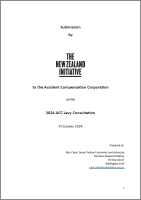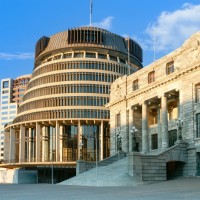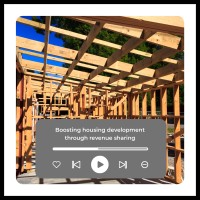
Fast-track approvals are necessary but should be temporary
The government's Resource Management Act (RMA) reform is shaping to be a tale of two approaches: one necessary but potentially problematic, the other more fundamental and promising. Last weekend, Ministers Chris Bishop and Shane Jones unveiled a long-awaited list of 149 projects that will be included in the government’s controversial Fast Track Approvals Bill. Read more















